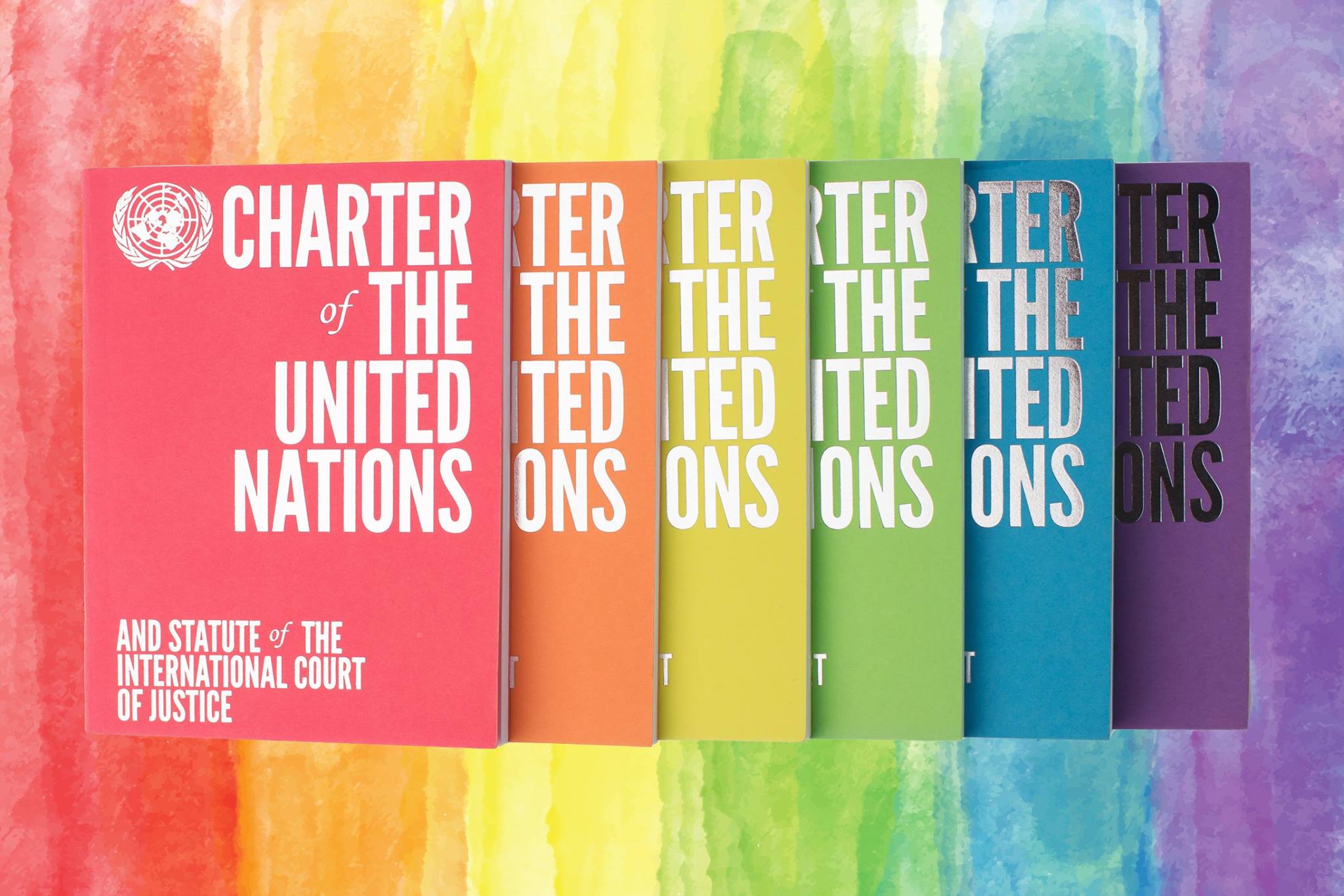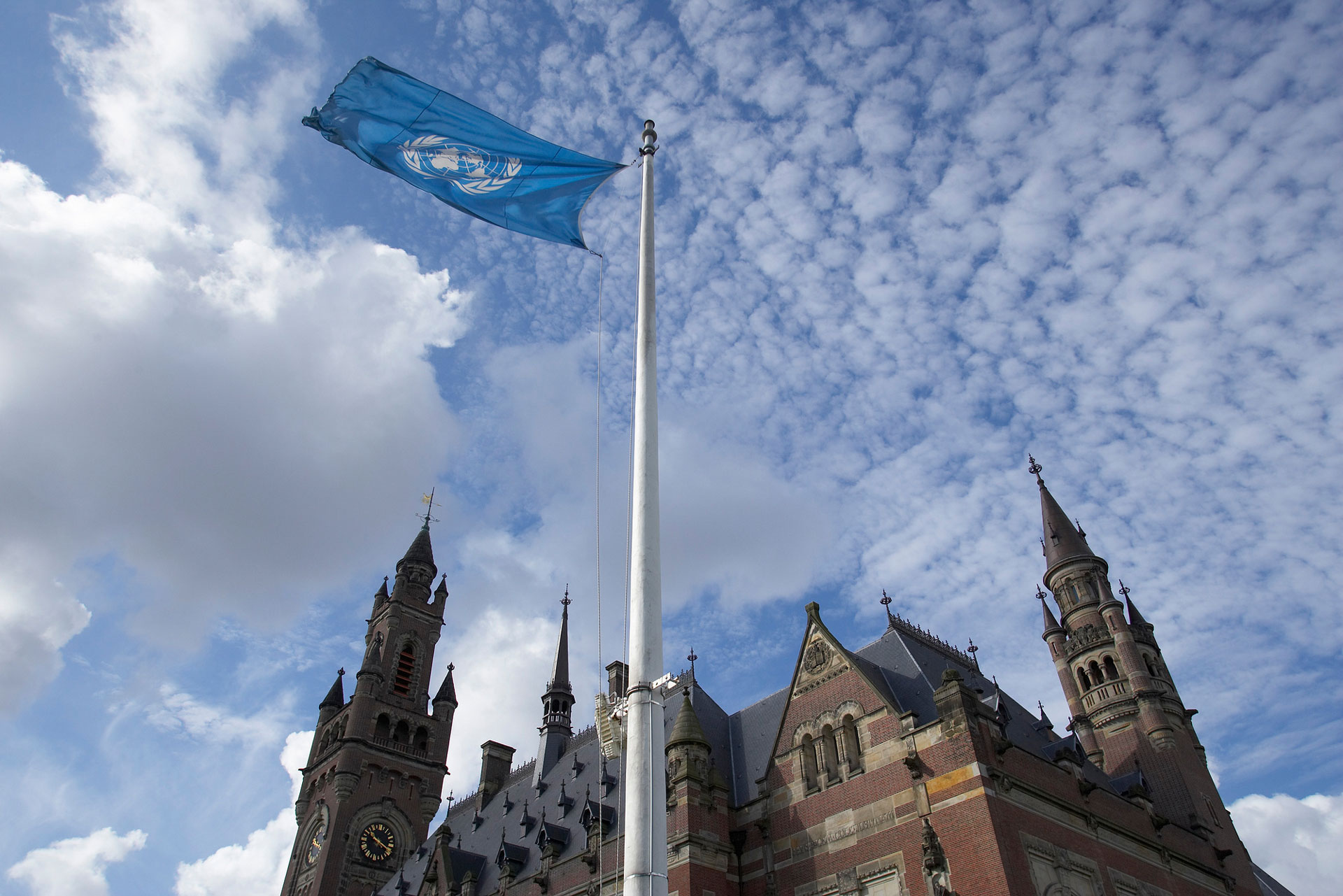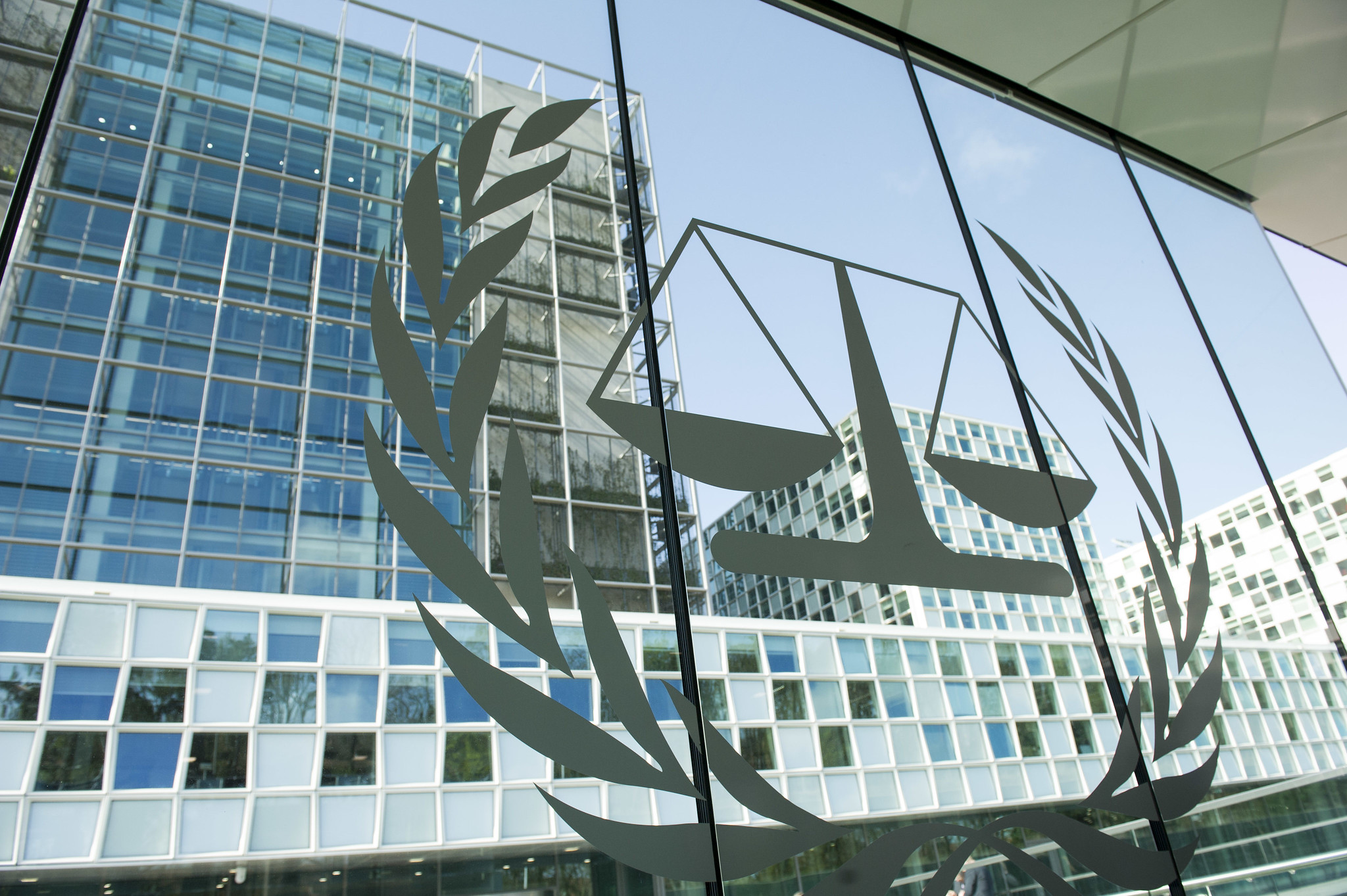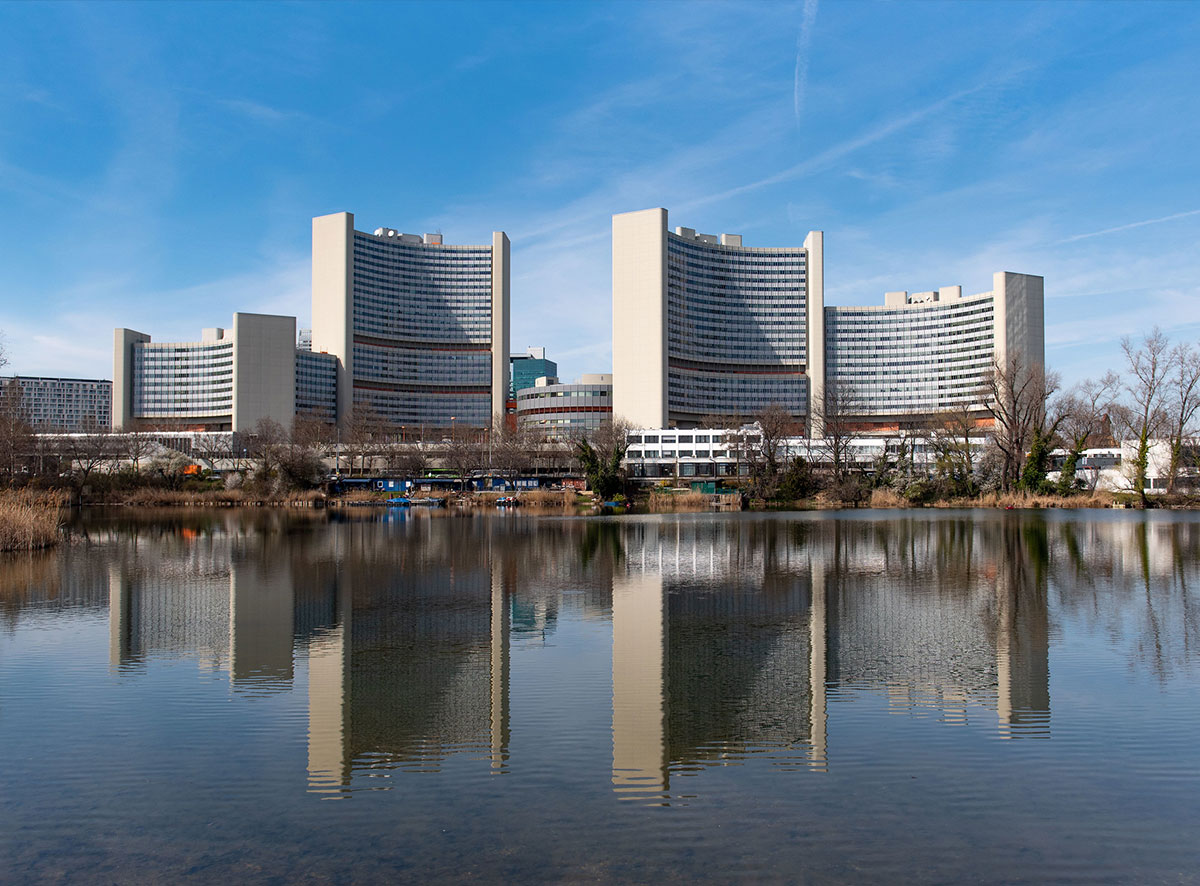
International Law defines the legal responsibilities of States in their conduct with each other, and their treatment of individuals within State boundaries. Its domain encompasses a wide range of issues of international concern such as human rights, disarmament, international crime, refugees, migration, problems of nationality, the treatment of prisoners, the use of force, and the conduct of war, among others. It also regulates the global commons, such as the environment, sustainable development, international waters, outer space, global communications and world trade.
More than 500 multilateral treaties have been deposited with the Secretary-General of the United Nations. Many other treaties are deposited with governments or other entities.
Many multilateral treaties are adopted by the General Assembly and subsequently opened for signature and ratification by Member States of the United Nations.
Treaties and other international legal instruments are also developed by the specialized agencies of the United Nations, such as the International Labour Organization (ILO), the International Maritime Organization (IMO) and the International Civil Aviation Organization (ICAO), by the subsidiary organs of the United Nations, such as the United Nations Commission on International Trade Law (UNCITRAL) and the United Nations Office on Drugs and Crime (UNODC), and by multilateral negotiating bodies, such as the Conference on Disarmament.
To become party to a treaty, a State must express, through a concrete act, its willingness to undertake the legal rights and obligations contained in the treaty — it must "consent to be bound" by the treaty. This is usually accomplished through signature and ratification of the treaty, or if it's already in force, by accession to it.
Each year, the UN holds a Treaty Event, highlighting a group of treaties, as a way to encourage Member States to sign, ratify or otherwise support these treaties.
The International Law Commission was established by the General Assembly in 1948 with a mandate to undertake the progressive development and codification of international law under article 13(1)(a) of the Charter of the United Nations. As an expert legal body, its task is to prepare draft conventions on subjects, which have not yet been regulated by international law and to codify rules of international law in fields, where there already has been extensive State practice. The Commission's work in criminal law led to the adoption of the Statute of the International Criminal Court (ICC). It also drafted the Vienna Convention on Diplomatic Relations (1961) and the Vienna Convention on the Law of Treaties (1969), among others.
Legal disputes between States can be referred to the International Court of Justice, the principal judicial organ of the United Nations, which also gives advisory opinions on legal questions referred to it by duly authorized international organs and agencies.

The Peace Palace, seat of the International Court of Justice (ICJ), at The Hague, Netherlands.
The international community has long aspired to create a permanent international court to try the most serious international crimes, and, in the 20th century, it reached consensus on definitions of genocide, crimes against humanity and war crimes.
In addition to the International Court of Justice, a wide variety of international courts, international tribunals, ad hoc tribunals and UN-assisted tribunals have varying degrees of relation to the United Nations (such as the tribunals for the former Yugoslavia and Rwanda, the Special Court for Sierra Leone, the Extraordinary Chambers in the Courts of Cambodia and the Special Tribunal for Lebanon). In 2010, the United Nations Security Council created the International Residual Mechanism for Criminal Tribunals to perform a number of essential functions previously carried out by the ICTR and ICTY.

The International Criminal Court (ICC), in The Hague, Netherlands.
In 1998, the international community reached an historic milestone when 120 States adopted the Rome Statute, the legal basis for establishing the permanent International Criminal Court. The ICC is an independent international organization, and is not part of the United Nations system. Its seat is at The Hague in the Netherlands. The Court aims to hold those responsible accountable for their crimes and to help prevent these crimes from happening again. The Security Council can refer certain situations to the Prosecutor of the International Criminal Court (ICC), if it appears international crimes (such as genocide, crimes against humanity, war crimes, the crime of aggression) have been committed.
The General Assembly’s Sixth Committee is the primary forum for the consideration of legal questions in the General Assembly. All UN Member States are entitled to representation on the Sixth Committee as one of the main committees of the General Assembly.
The historic archives at the Audiovisual Library of International Law provide a unique resource for the teaching, studying and researching significant legal instruments on international law.
Based in Vienna the United Nations Commission on International Trade Law is a core legal body in the field of international trade law, with universal membership, specializing in commercial law, with a focus on the modernization and harmonization of rules on international business. The UNCITRAL Secretariat has established a Case Law on UNCITRAL texts (CLOUT) system for collecting and disseminating information on court decisions and arbitral awards relating to the Conventions and Model Laws that have emanated from the work of the Commission.
